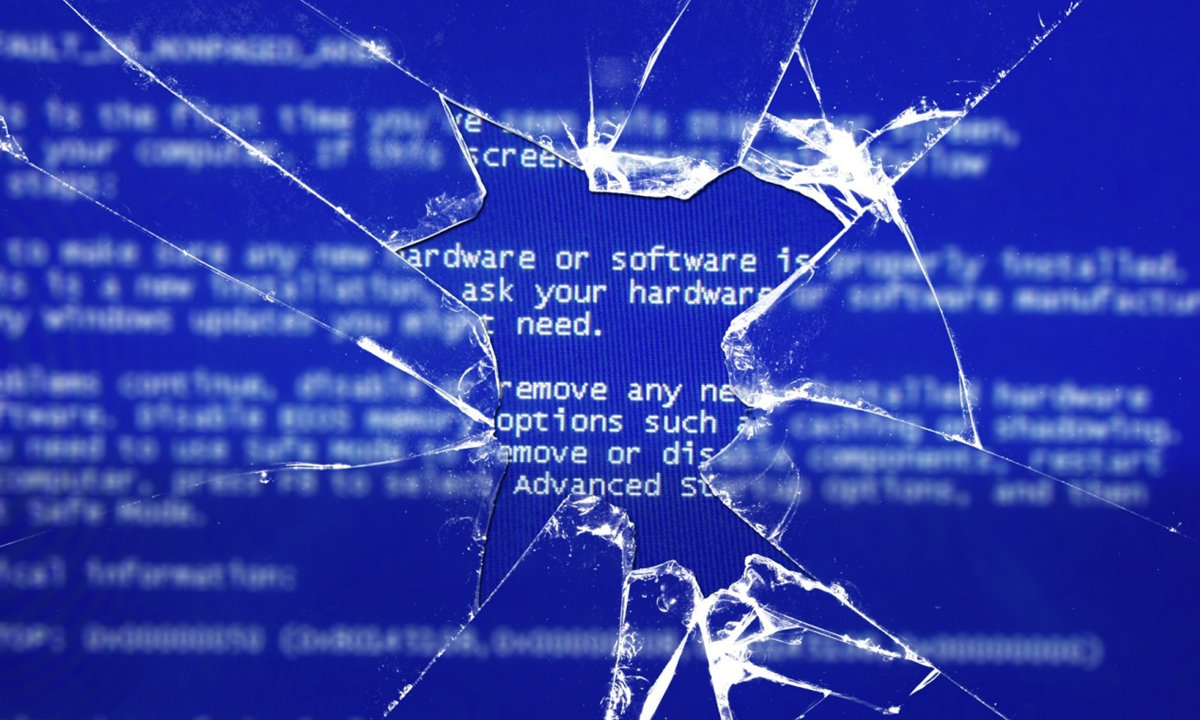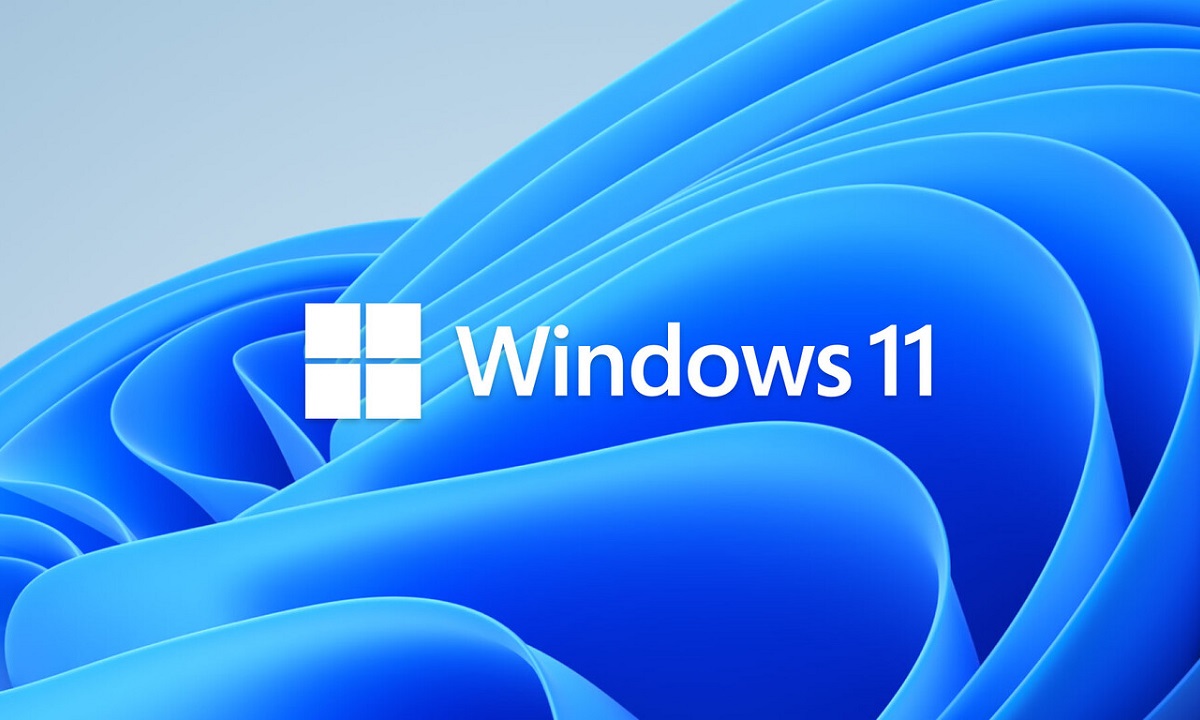That Microsoft with Windows 11 updates unfortunately happened a constant source of troublewhich, in addition to directly impacting the users of the operating system, discourages those who are still using its older version, especially Windows 10, from jumping to the latest version, even though it is offered for free. (and somewhat urgently) to those who remain faithful to the previous iteration of Windows.
As you may remember, less than 10 days ago we told you that Microsoft released an update for Windows 11 that finally fixed the performance issues of some PCIe SSDs… but in turn “broke” Microsoft Defender. If we thought this would be the most notable incident of August in terms of OS updates, we were sadly mistaken. Of course, although to a much lesser extent, the distribution of this bug is more democratic, since it seems that it would affect some Windows 10 systems.
Earlier this week, users started appearing who claimed that after installing the Windows 11 update (that is, they were already using the same operating system, not that they had just updated from Windows 10 or earlier) encountered a very unpleasant BSOD surpriseyou know, those blue screens that indicate something has gone wrong with the system and that end somewhere between formatting and having to reinstall from scratch.

The empirical method led the user to find that the problem was directly related updates KB5029351 (Windows 11) and KB5029331 (Windows 10)although mainly for the first time, and the problem is that after installing them users will see a blue screen labeled UNSUPPORTED_PROCESSOR, despite the fact that the processors used in the mentioned affected systems belong to the Alder Lake and Raptor Lake families, i.e. the two latest ones from Intel and of course fully compatible with both operating systems. Another common denominator of the incident is that it particularly affected users of MSI motherboards, specifically those equipped with the Z690 and Z790 chipsets.
So we waited for an official response from Microsoft and it finally happened, although it doesn’t seem like many users expected it because blame the problem on aa specific subset of processors«, instead of the update that started the problems. However, these processors (and motherboards) do not present any problems with Windows 11 so far. And that makes us even more suspicious of the workaround adopted by Microsoft, who opted for… well, you can read it yourself and draw your own conclusions:
«After examining these reports, we found that the “UNSUPPORTED_PROCESSOR” error was not caused by the issues in KB5029351 and is limited to a specific subset of processors. We work with equipment manufacturers (OEMs) and We are temporarily mitigating this issue by not offering KB5029351 to Windows devices that may be affected by this issue. If this issue persists, contact your device’s processor manufacturer.«














